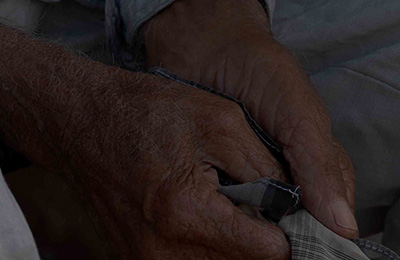Report / Jan 5, 2016
Strengthening the Support: How to Talk about Elder Abuse
By Daniel Busso, Marissa Fond , Moira O'Neil , Andrew Volmert
Strengthening the Support: How to Talk about Elder Abuse
DOWNLOADDiscussions of violence and abuse against specific social groups, such as women and children, have entered the public conversation in unprecedented ways in recent decades. But elder abuse has not been part of that discussion. People are largely unfamiliar with the term or the problem it represents; are unclear about the extent to which it occurs; do not know why it happens; and, as a result, lack the tools needed to consider and evaluate appropriate solutions. So it is no surprise that elder abuse does not hold a prominent position on the national political agenda. In short, advocates working to end elder abuse face a communications problem.
